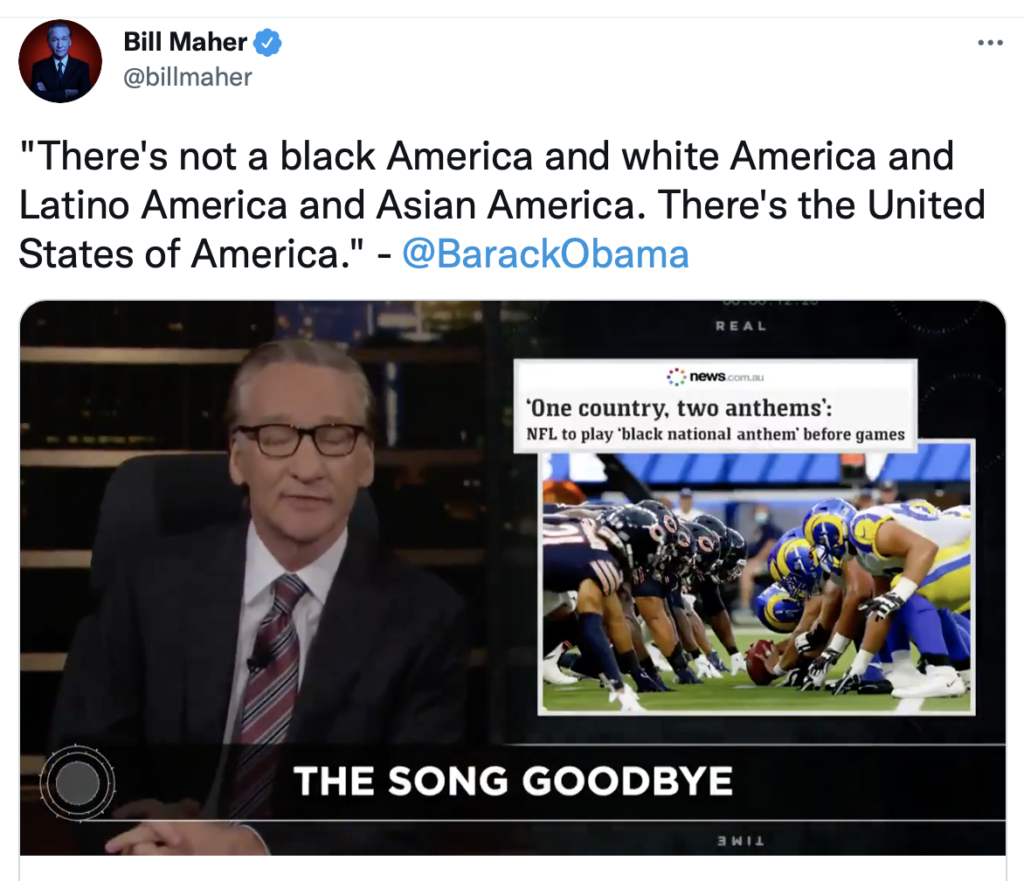Jonathan Haidt: “We Were Fooled in the 1990s into Thinking that Democracy was Easy.”
What happened to progress in the US? It seemed like we had a plan and a good track record for progress back in the 1990s. A lot of things happened, of course. That is the topic of this discussion involving Jonathan Haidt and John Wood Jr and April Lawson. Here's how Haidt set the table for the longer discussion:
We can go back to some of the ideas in The Righteous Mind, because that's the summary of my own work as a social psychologist who studies morality. What I've always tried to do in my work is look at evolution. What is human nature. How did it evolve. [What is the] interplay of human nature with culture? And of course, everything can change over the course of just a few decades, too. We're very dynamic species.
What I'd like to put on the put on the table here first: let's really lower our expectations for humanity. Okay. Now, this sounds depressing. But let's be serious here. What kind of creatures, are we? We are primates who evolved to live in small groups that dominate territory, in competition with other groups were really, really good at coming together to fight those other groups. Part of our preparation for doing that, I believe, is the psychology of religion, sacredness, tribal rituals. We have all this really complicated stuff we do that binds us to each other. This is a human universal. Every group has rituals. I'm a big fan of the sociologist Emile Durkheim.
And so from that kind of perspective we ought to still be pre-civilization times with very high rates of murder. And somehow we escaped that. Somehow we've had this incredible ascent. This unbelievably rapid ascent, in which we've gotten wealthier, smarter, healthier. We've made extraordinary progress on women's rights, animal rights, gay rights, the concern about the environment. So let's start by appreciating our lowly origins as really violent tribal creatures, and the way that we've rocketed up from
Okay, now, in the last 10 or so, years, 10 to 20 years, we've had a little bit of a come-down. I really want to put this not just in an evolutionary perspective, but in a recent historical perspective, because this, I think, is the key to understanding what is happening to us now. It is that we were fooled in the 1990s into thinking that democracy was easy. The founding fathers were under no such illusion. They knew that democracy is prone to faction. That's what Madison wrote about, especially in Federalist 10. They knew that democracy is generally self-destructed, so they gave us all kinds of safeguards, They tried to create a system that would not be so prone, a system in which these tribal, irrational emotional creatures might actually live together. And it worked. It worked pretty well. And it worked badly at times.
But by the 1990s, we had the the mistaken view, that if we just wait for Iran, and Russia and North Korea to develop market economies, they'll get prosperous, their people will demand rights. And this was true for China too. That people will demand rights. Liberal democracies will break out everywhere. Liberal democracies are the endpoint, the end of history.
And so that's the way those of us who live through--I'm older than you guys--but the late 20th century was an incredibly dangerous and an exciting time in which there was a victor and it was liberal democracy. Okay, but like in a lot of movies where it seems like there's an early denouement and everything's great? Well, we still have a lot of stuff to go and in the 21st century, things have really come down from there. So that's the backstory.

